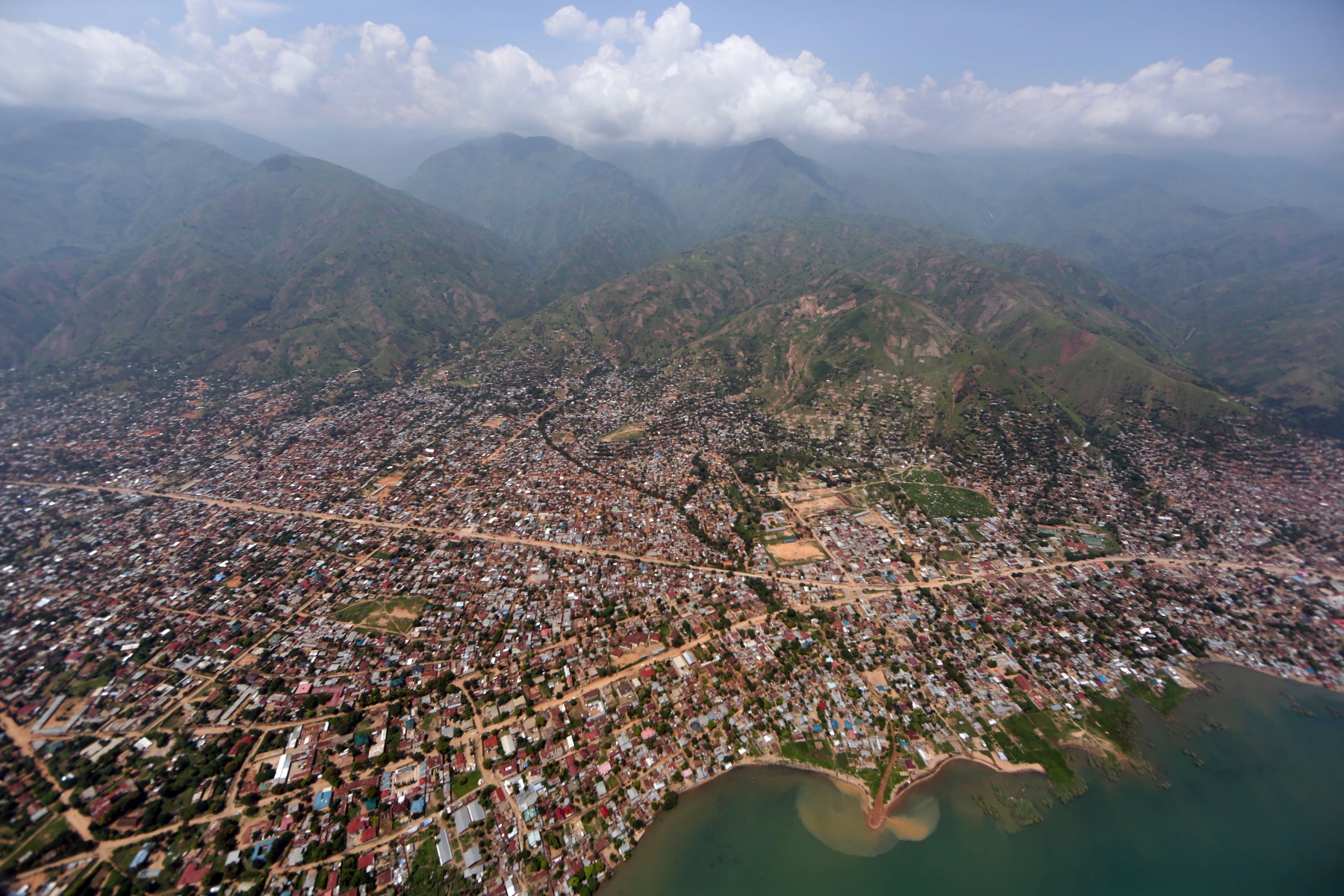
In fighting cholera, the international community usually favours responsive actions which have limited and short-term effectiveness. Such actions are often mobilised in responses to sudden epidemics, such as those in Yemen and Zimbabwe. However, there is a profound lack of evidence for how longer-term interventions, which are usually harder to achieve, can be delivered effectively.
New research addressing this gap is currently under way in the city of Uvira, South Kivu, DRC, to provide evidence for improving the supply of safe drinking water as a public health priority.
> More about: TheConversation.
